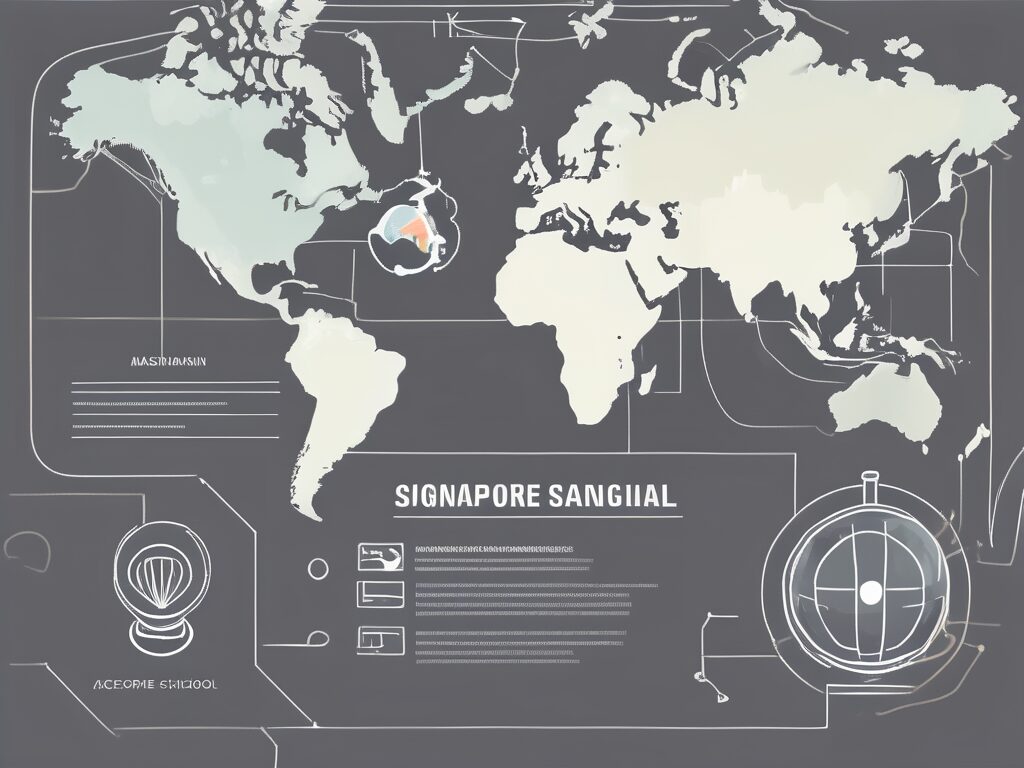How Much Does the IPGCE Cost in the UK?
For aspiring international educators, the International Postgraduate Certificate in Education (IPGCE) is a crucial step towards a rewarding teaching career abroad. Understanding the cost and benefits of the IPGCE in the UK is essential for those looking to enhance their qualifications and expand their teaching horizons. In this article, we will explore the cost of the IPGCE, its significance, and how it can help you achieve your international teaching goals.
Table of Contents
- Why is the IPGCE Important for Aspiring International Teachers?
- Key Skills and Qualifications Required
- Steps to Get Started
- Challenges and How to Overcome Them
- Best Practices and Tips for Success
- Conclusion
Why is the IPGCE Important for Aspiring International Teachers?
The IPGCE is a highly regarded qualification that equips teachers with the skills and knowledge needed to excel in international schools. With the global demand for qualified teachers on the rise, holding an IPGCE can significantly enhance your employability and open doors to teaching positions worldwide. According to recent job market trends, international schools are increasingly seeking educators with recognized qualifications like the IPGCE, making it a valuable asset for career advancement.
Key Skills and Qualifications Required
To pursue the IPGCE, candidates typically need a bachelor’s degree and some teaching experience. The program focuses on developing key skills such as classroom management, curriculum planning, and cultural competence. These skills are essential for adapting to diverse educational environments and meeting the needs of students from various backgrounds.
Steps to Get Started
Getting started with the IPGCE involves several steps:
- Research accredited institutions offering the IPGCE program.
- Ensure you meet the entry requirements, including educational background and experience.
- Apply to your chosen institution and prepare for any entrance assessments or interviews.
- Once accepted, complete the coursework and practical teaching components.
Challenges and How to Overcome Them
Pursuing the IPGCE can present challenges such as balancing study with work commitments and adapting to new teaching methodologies. To overcome these, it’s important to manage your time effectively, seek support from peers and mentors, and remain open to learning and growth.
Best Practices and Tips for Success
To succeed in the IPGCE program, consider the following best practices:
- Engage actively in all coursework and practical sessions.
- Network with fellow educators to share insights and experiences.
- Stay updated on global educational trends and practices.
- Reflect on your teaching practice regularly to identify areas for improvement.
Conclusion
The IPGCE is a valuable qualification for aspiring international teachers, offering a pathway to diverse and rewarding teaching opportunities. By understanding the costs, requirements, and benefits of the program, you can make informed decisions about your professional development and career trajectory. Embrace the journey towards becoming a globally recognized educator and unlock the potential to teach in top-tier international schools.
Want to become a teacher in a Tier 1 international school? Join the course here.

